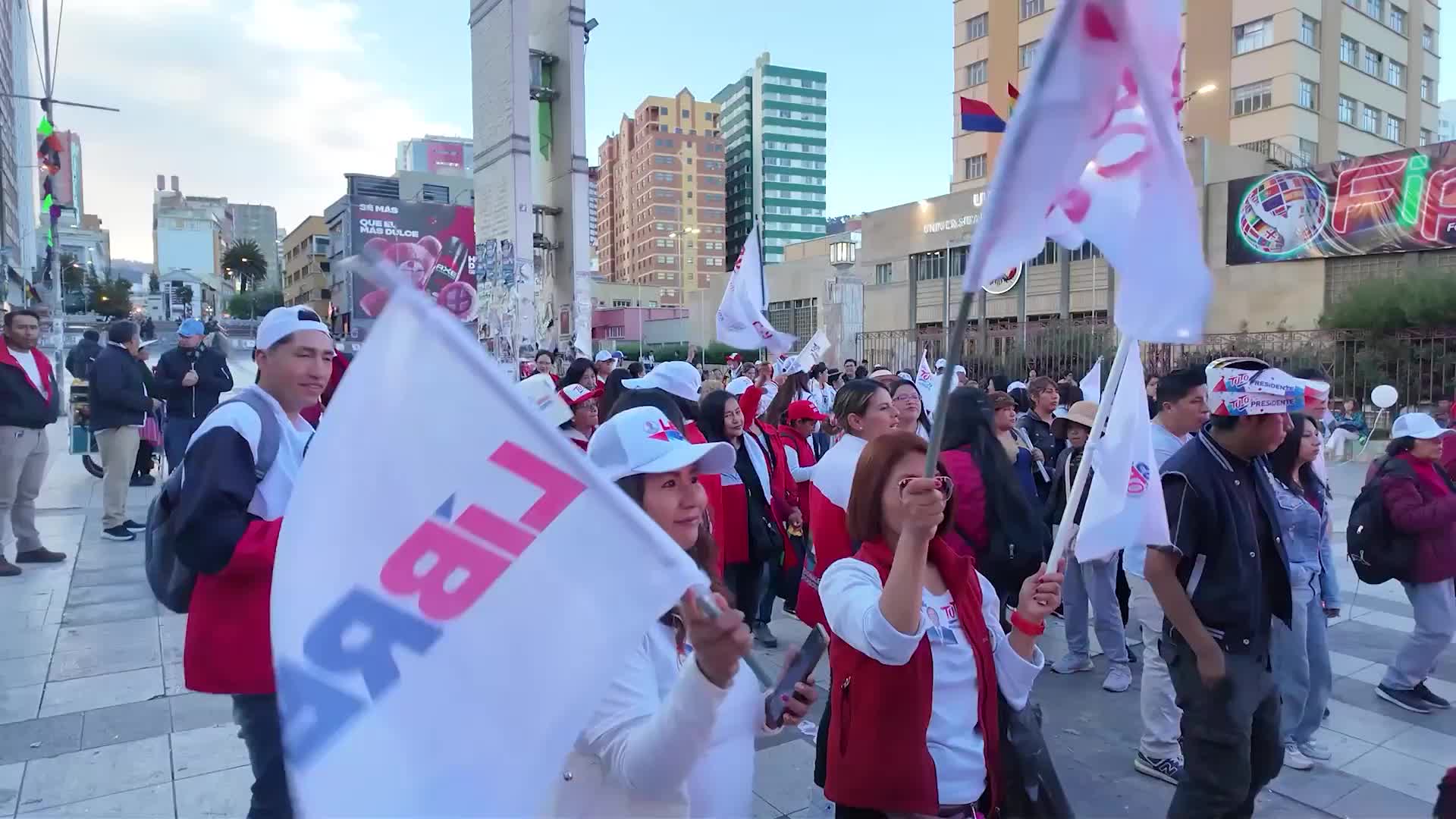
Heads up! Bolivia’s Quiroga, Paz outline security, economic plans ahead of presidential runoff
"Former Bolivian president Tuto Quiroga and Senator Rodrigo Paz Pereira outlined their plans in La Paz on Sunday ahead of the presidential runoff on 19 October. Quiroga warned that Bolivia must end its role as a cocaine exporter and improve regional security. “The first thing that will arrive to confront drug trafficking is the Brazilian federal government [...] We will no longer be a cocaine exporting country,” he said. “The Brazilian federal government is exceptional, and Argentina must also act. Regional security agencies must be involved to prevent another scandal like Davila or Caceres, where those fighting drug trafficking were linked to narcos. That is why this regional security cooperation is essential,” he added. In turn, Paz focused on economic recovery, pledging to restore relations with foreign governments to stabilise finances in the country. “I have nothing against the International Monetary Fund, quite the contrary,” Paz added. “We have had very good discussions in Washington with the Inter-American Development Bank, the World Bank, the Treasury, and the US State Department, and we generated a whole series of institutional agreements that would help Bolivia without needing to take out a loan,” he explained. It comes after the first round of voting on 17 August, which ended two decades of left-wing rule. Rodrigo Paz moved from the bottom of the polls to first place with 32 percent of the vote, ahead of former president Jorge 'Tuto' Quiroga, who obtained 26.70 percent of the vote. The runoff election, scheduled for October 19, will pit the PDC, led by Paz and his running mate Edman Lara, against the Libre Alliance, headed by Quiroga and his vice-presidential candidate, tech entrepreneur Juan Pablo Velasco. Both parties will conclude their national campaigns on Wednesday, October 15, with the PDC hosting its final rally in Tarija, while the Libre Alliance wraps up in La Paz. Meanwhile, Bolivia continues to face rising inflation, fuel shortages, and foreign-debt concerns. Economists predict the next president will face a tough choice: seek international credit with conditions or rapid domestic reforms that could be politically risky."